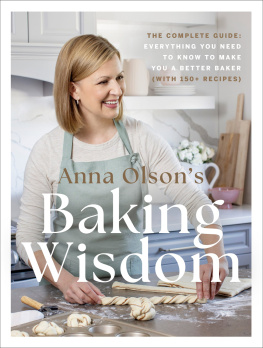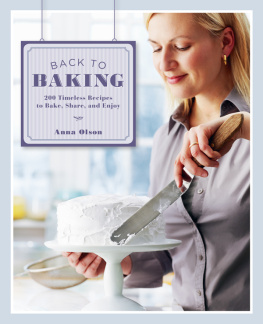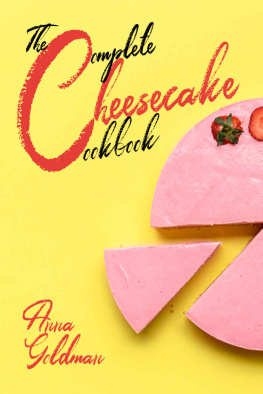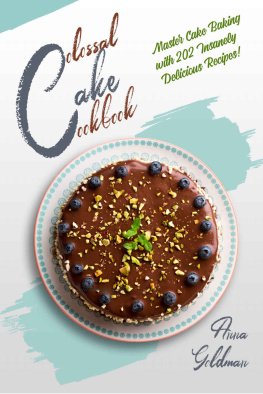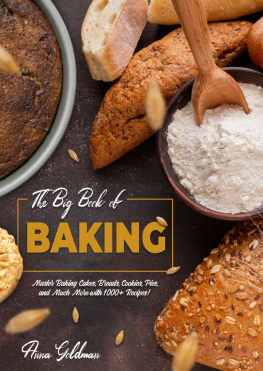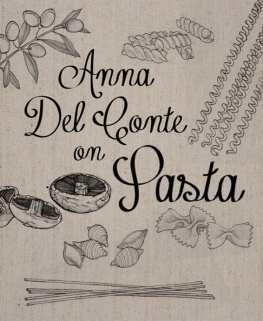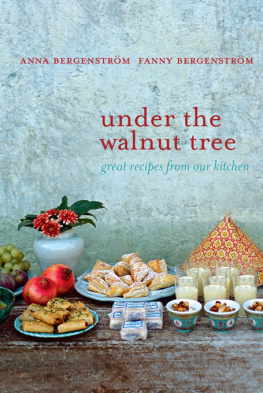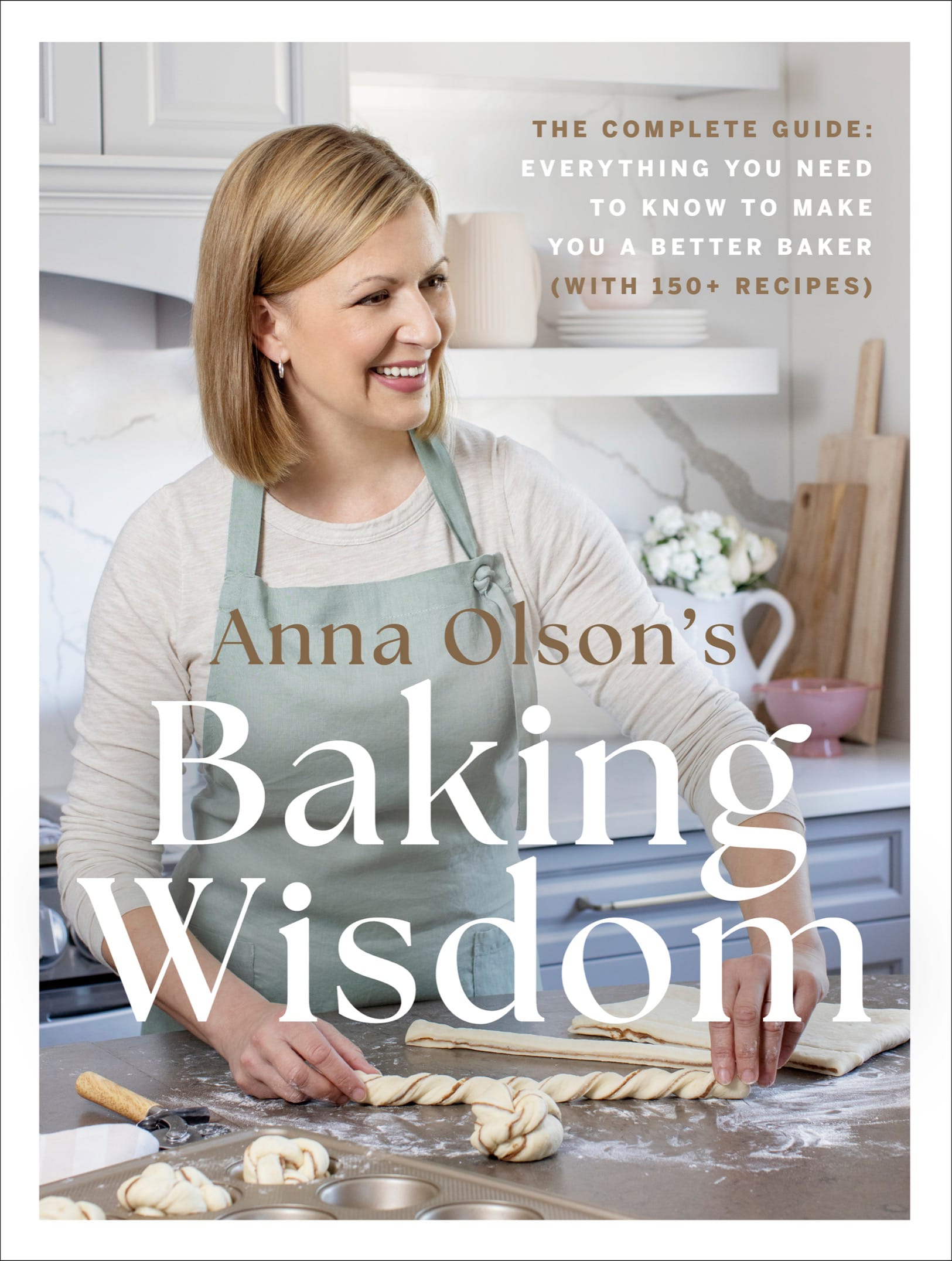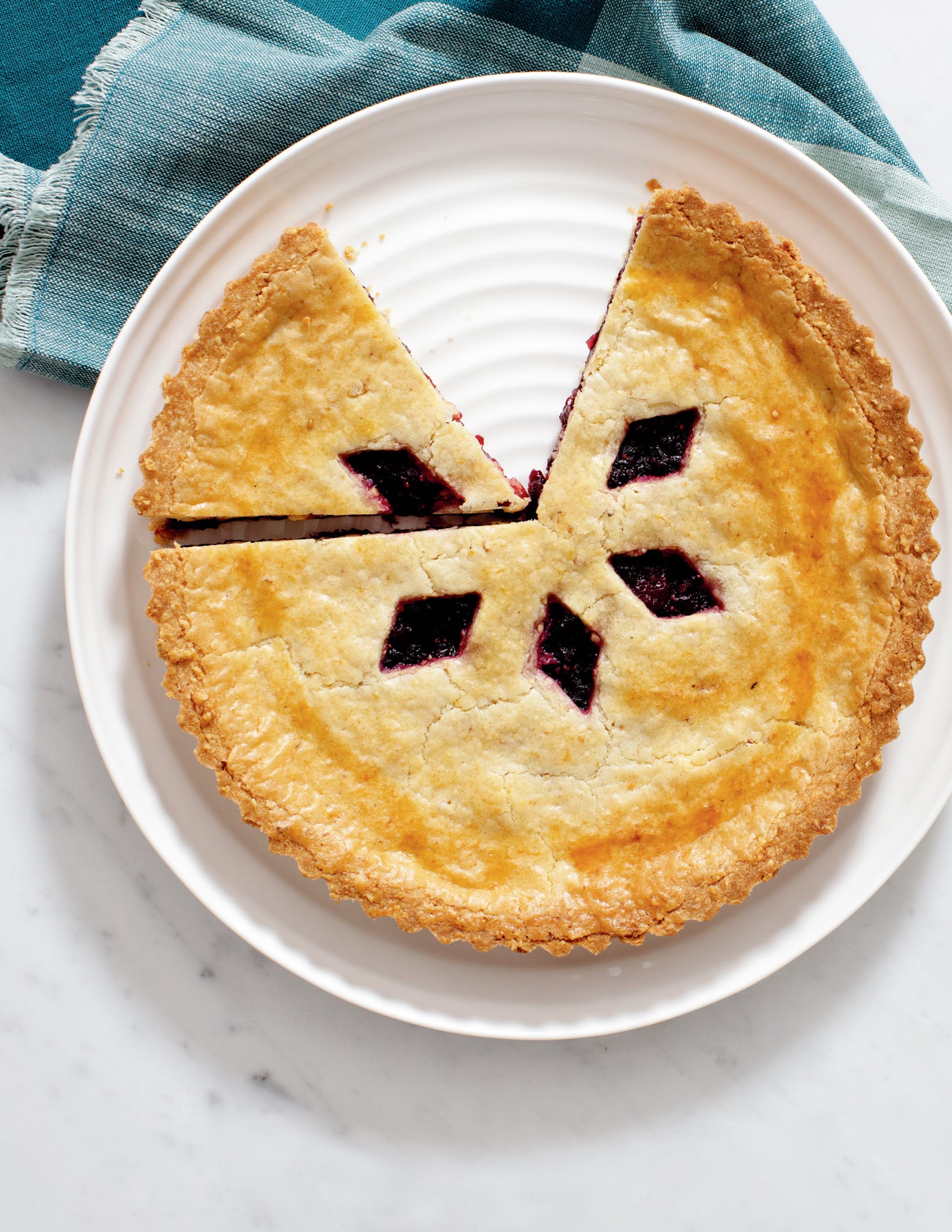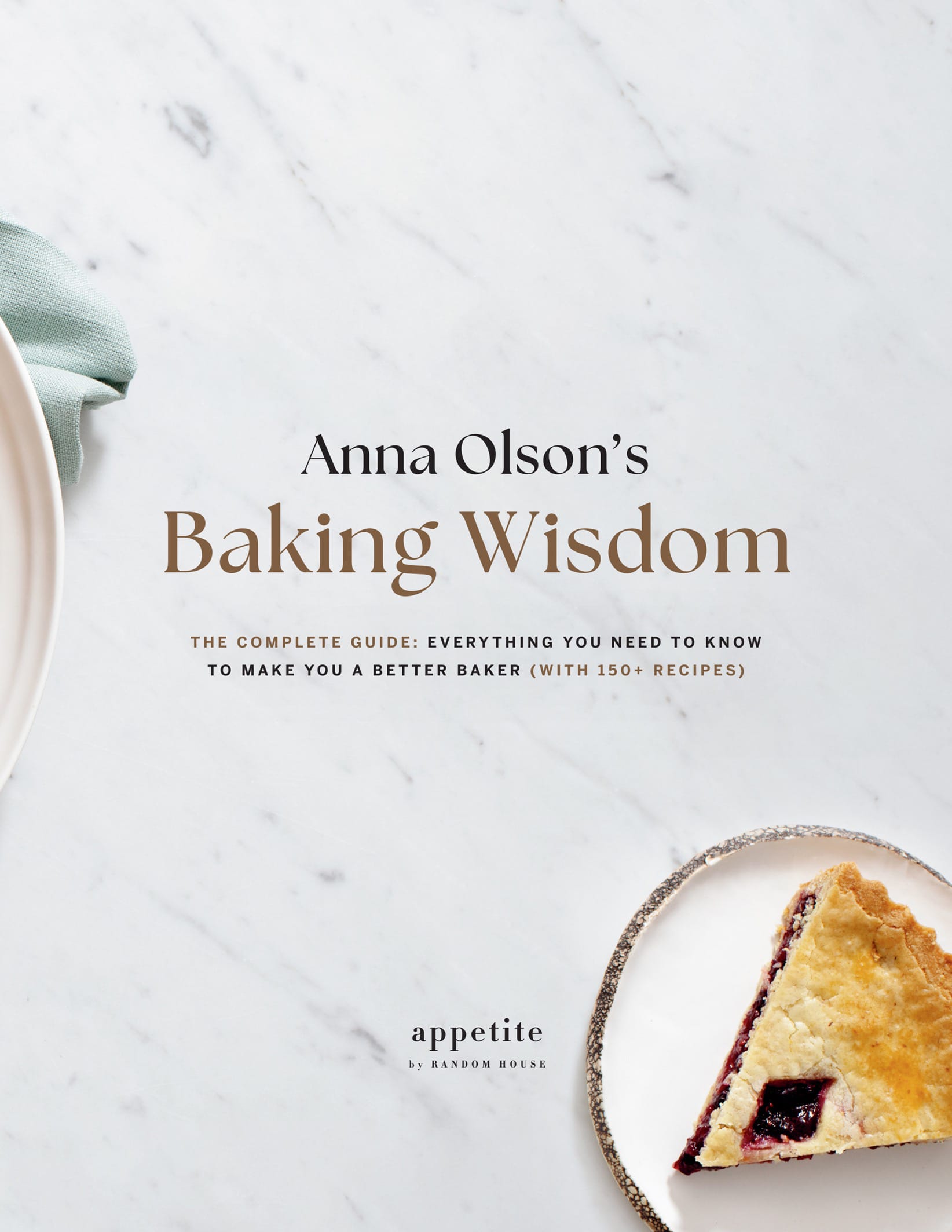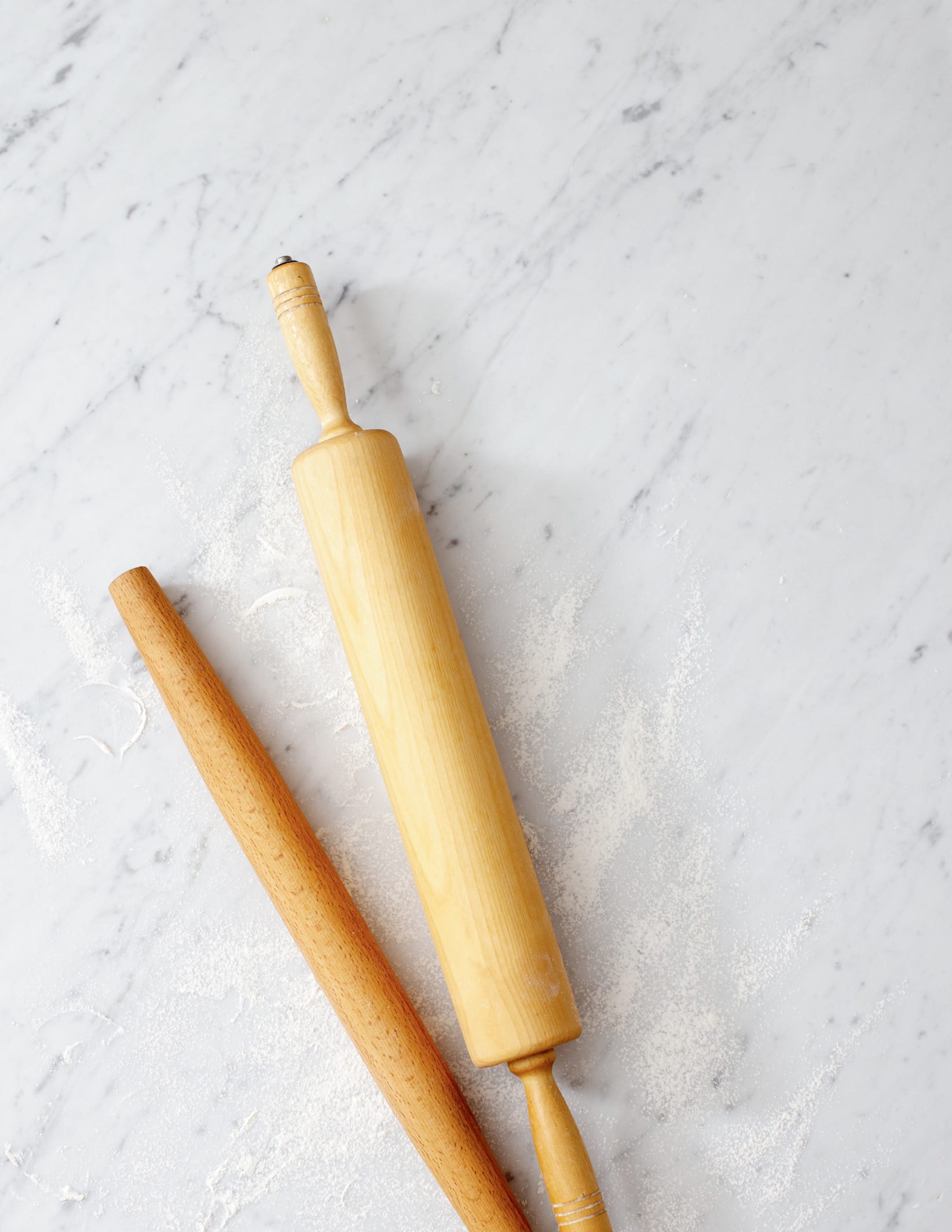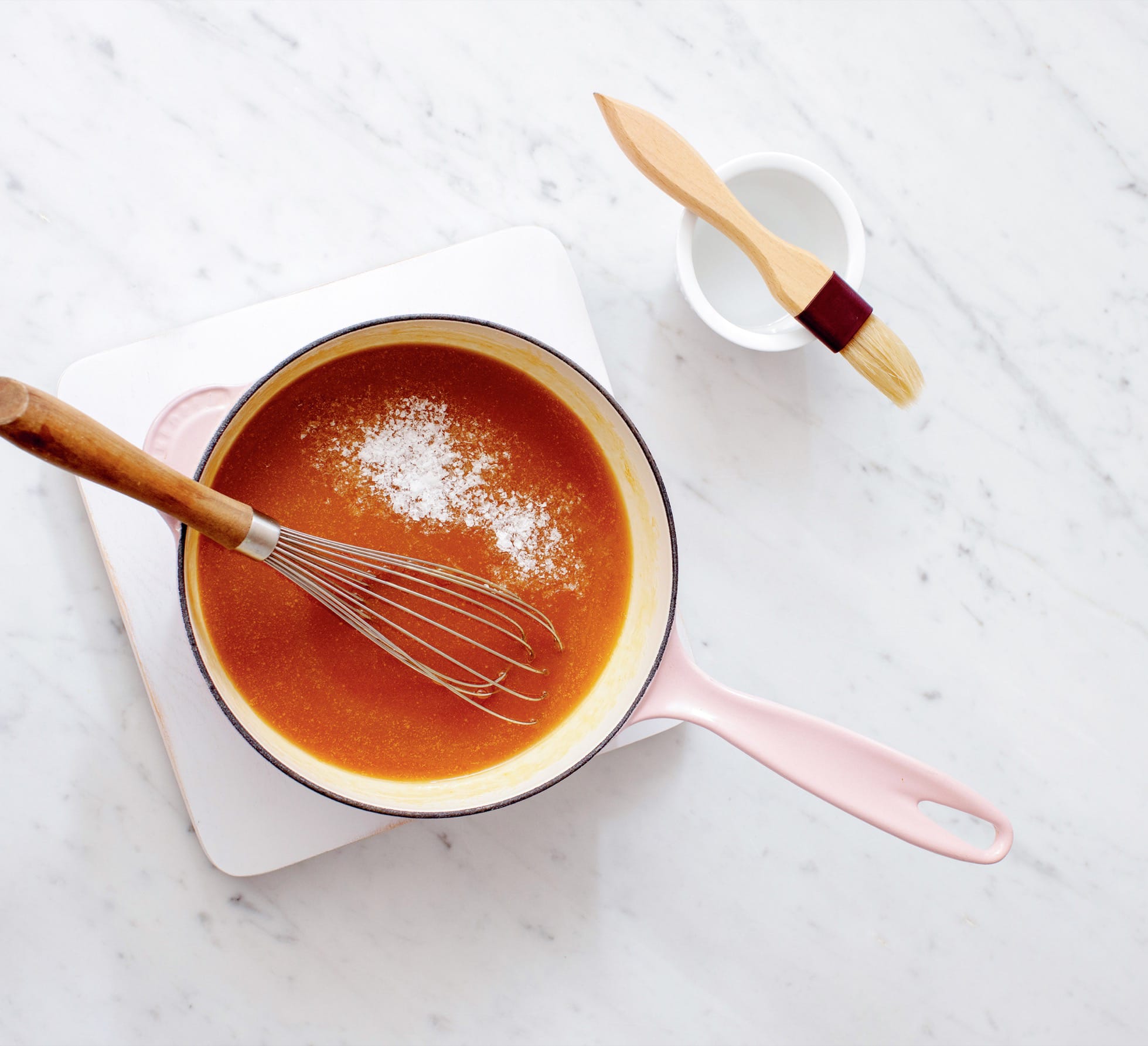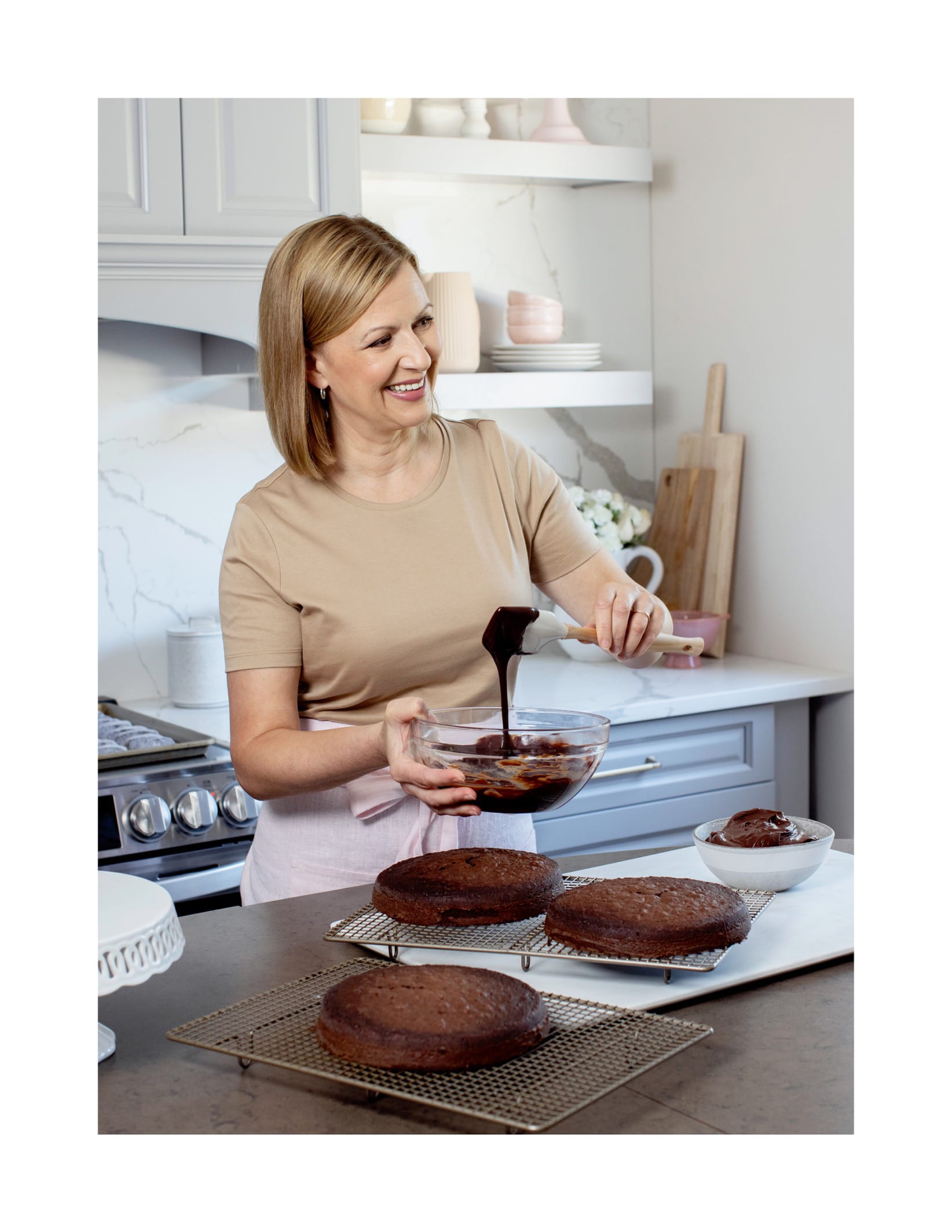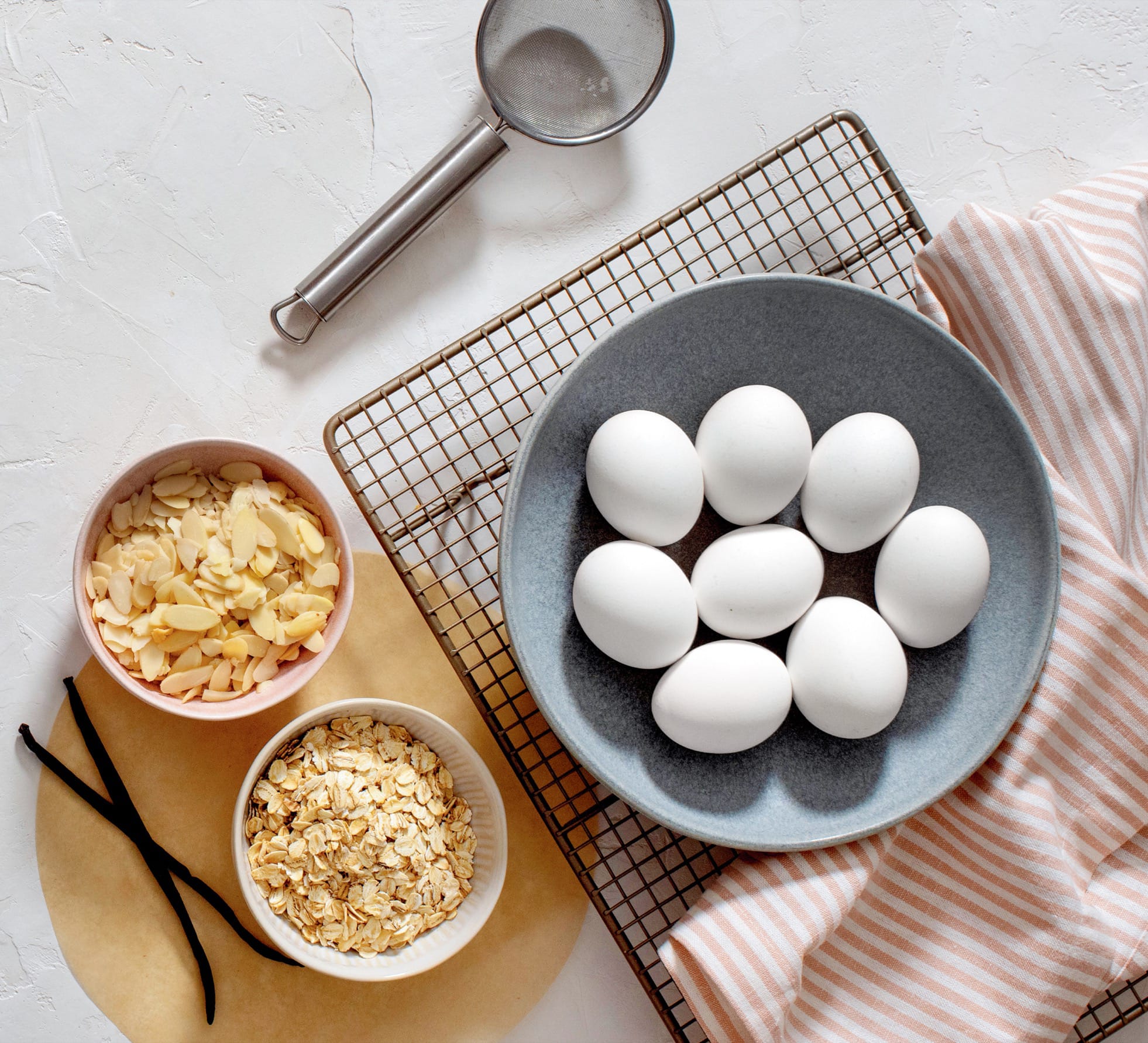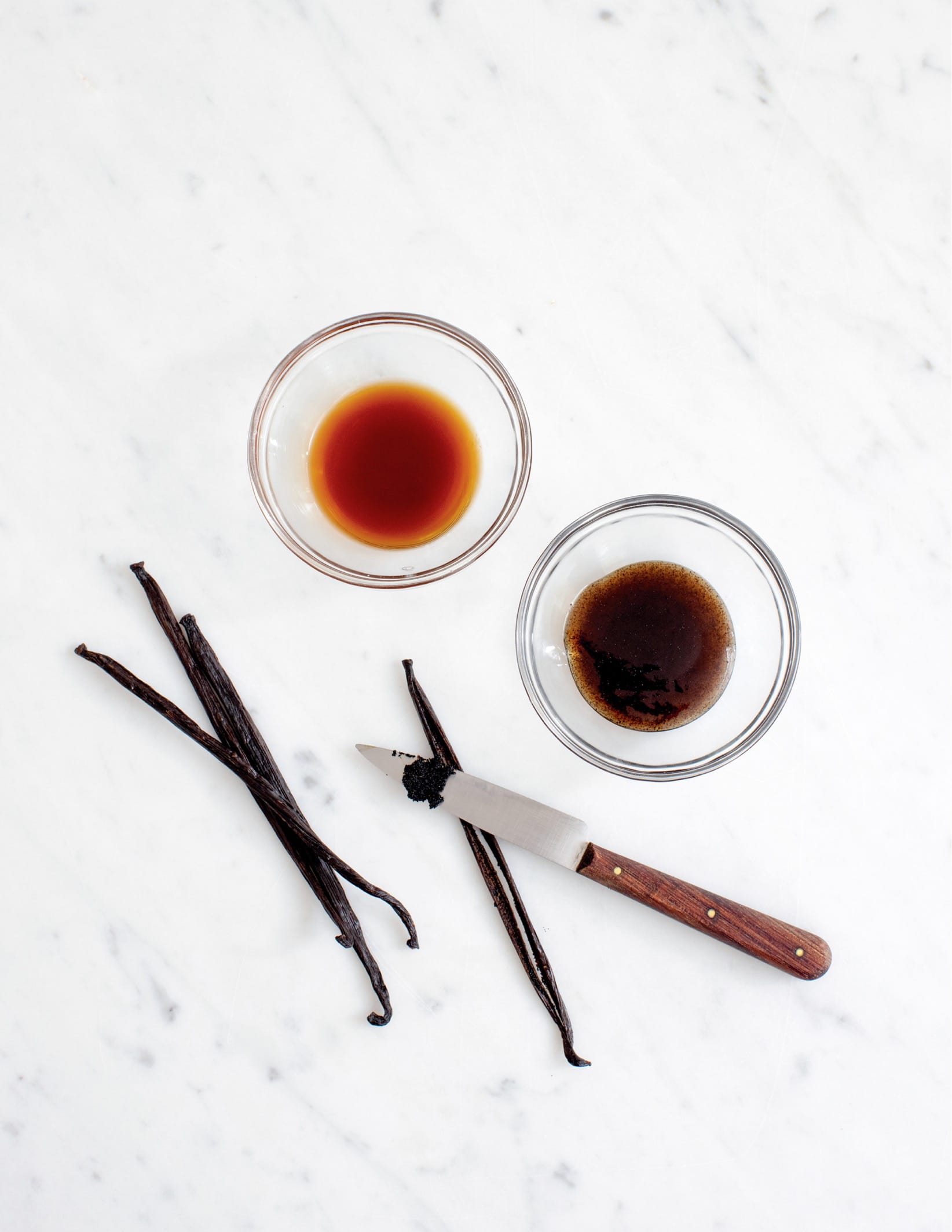To family, and the wisdom we share and receive within it.
Introduction
Baking could easily be assumed to be simple. After all, with a recipe in hand, you have a list of ingredients and their measurements followed by step-by-step instructions. What else could you possibly need for a successful bake? And yet weve all eaten a dessert or pastry that didnt look or taste as we expected.
Thats because baking isnt just following instructions; its a journey and an exploration. Every recipe has a learning curve, even if youve made it repeatedly over the years. At first you might find yourself saying, for example, Now I know I have to let my melted chocolate cool a little before adding it to my brownie batter, to prevent it from splitting; or The next time I make choux paste, I will make sure I let the hot batter cool for a minute longer before I add the eggs. Its not that youre changing the recipe, its that youre beginning to understand the details needed to get a perfectly delicious and delightful-looking baked good. Those moments of comprehension and bits of knowledge, gained through repeated baking, are what I call baking wisdom and they enhance your baking and empower you as a baker.
Ive created this book to pass along the baking wisdom I have acquired over the years through education, experience, repetition, research, your questions and a whole mess of mistakes in the kitchen. (I never regret a baking failure; I embrace it as an opportunity to get to know my ingredients and methods better so that I can manage and fix future problems.)
Whether this is your very first baking cookbook or youre a seasoned baker with baking wisdom of your own, I am confident you will find something worth exploring here. I am constantly learning, and while Im thrilled to be sharing the knowledge I have at this moment, I will continue to challenge myself, listen to the wisdom of others and try new things.
I hope youll take some time to read the information that precedes the recipes. There I share lots of insight about ingredients, methods and baking in general, not just about the recipes in this book. I discuss how protein, fat, starch, sugar, acidity and salt work in baking, so youll have a better understanding of why ingredients behave the way they do. Each recipe references these sections and others from the front of the book. Listed as Bites of Wisdom, they highlight further reading that specifically applies to each recipe to enhance your understanding of the process before you bake.
I have also included tips within the recipe methods to answer questions you may have while carrying out each step. My hope is that these will spark a few aha moments, or at least prevent disasters. (If you do have a problem, dont worry. I have a whole section devoted to how to fix common baking problems after theyve happened; see .)
Each chapter in Baking Wisdom is centred on a type of baking. The recipes within each chapter are grouped by commonly shared technique or principle, and in some cases youll see how a foundation recipe can be added to and changed for different uses.
For each recipe, Ive listed the preparation time, which begins after your ingredients are prepped and measured, unless otherwise noted, and the cook time, which includes time on the stovetop and in the oven.
The complexity of each recipe is identified as Simple, More Involved or Complex to give you an idea about the time and tools needed. These tags indicate which recipes involve many steps, with cooling or chilling in between, and which ones can be mixed, baked and eaten in a hurry. Know that Simple recipes can be made by experienced bakers and Complex ones by new bakers.
Bonus Bakes throughout the book are variations on the recipe they accompany. Use them to get adventurous, change your flavours and find new ways to apply what youve just learned.
My hope is that youll use the baking wisdom Ive shared plus your own discoveries to dive into these recipes with more confidence and take even more pleasure in your baking. Then you can pass along your own baking wisdom to others.
Anna
Baking Ingredients
Compared to cooking, baking uses a relatively small number of key ingredients. But consider the impressive number of methods you can apply and styles of baking you can create with these ingredients. The key, when the ingredient list is so simple, is to use the best and most appropriate items you can to get the best results.
In this chapter, I talk you through the ingredients every baker should have in their fridge or pantry. Ive organized this information alphabetically rather than by importancealthough butter does appear at the top of the list, an ingredient that I value greatly! Ive also given advice on storing your ingredients, on the ideal temperatures when using your ingredients, and recommendations for how to substitute certain ingredients depending on different dietary needsor simply because youve been caught in a pinch without something, and you really want to start baking!

